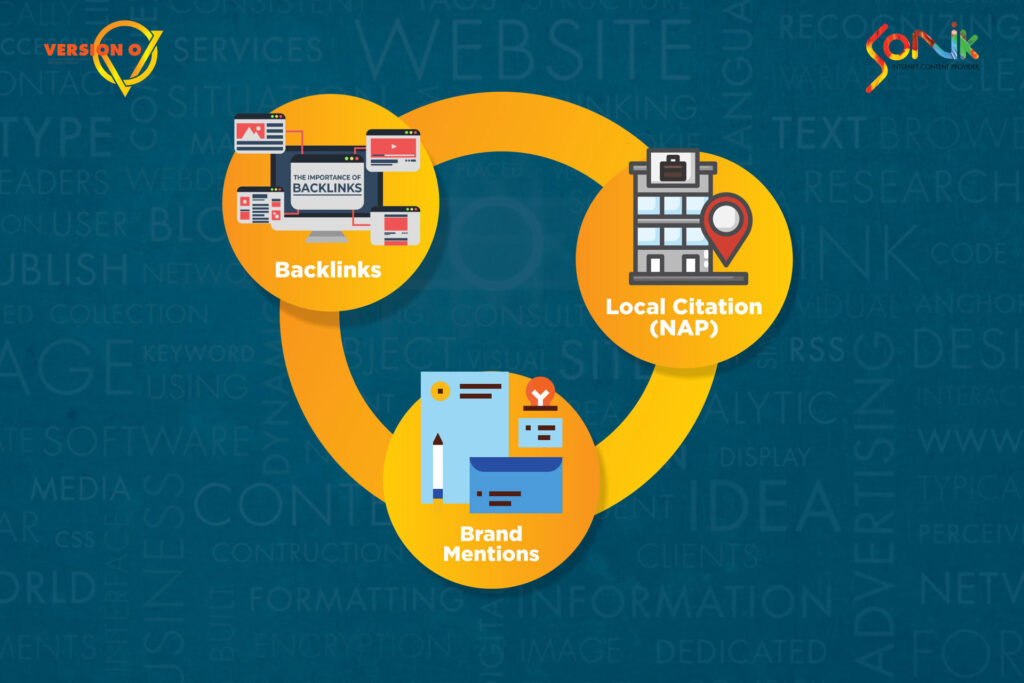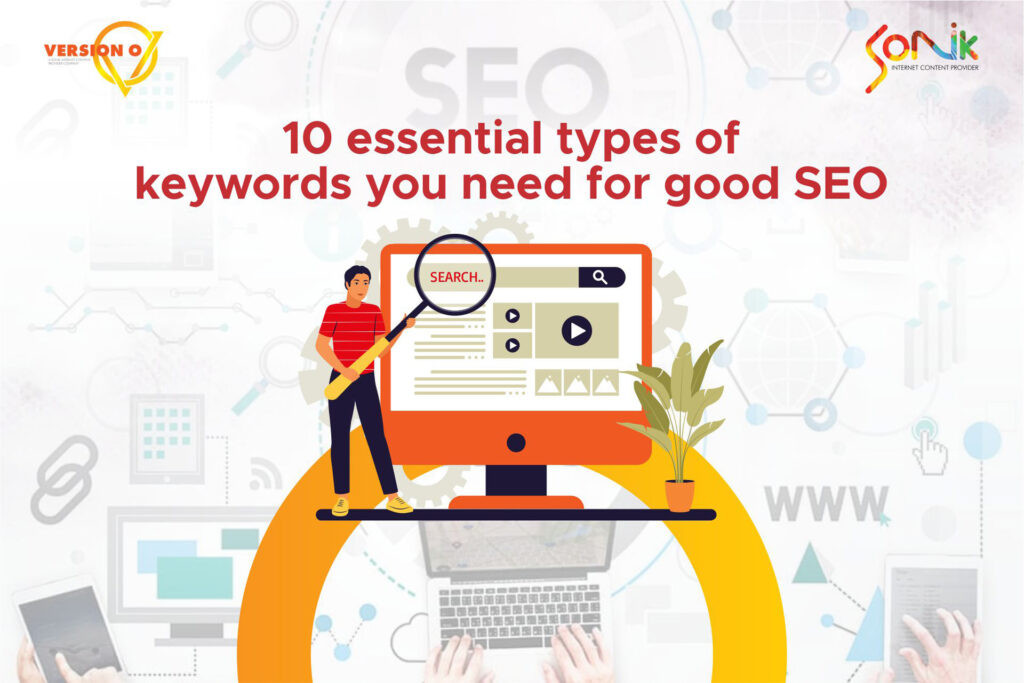In our previous blog, we introduced the two types of SEO every business needs: On-Page and Off-Page. Then, we got into more detail about exactly what On-Page SEO is and discussed 3 crucial aspects of it. We also gave you 3 questions every SME owner or entrepreneur needs to ask themselves.
Now, let’s dig deep into the second aspect: Off-Page SEO, starting with a brief introduction.
What is Off-Page SEO?
If On-page is everything you do on your website to improve its Google search rankings, then Off-page SEO involves everything you can do outside your website. This is because many of the factors Google considers important for your search ranking originate from outside your website.
In other terms, off-page SEO is how Google learns what others — customers, other brands, clients, etc. — think about you and your brand.
What are the important aspects of Off-Page SEO?
Just like we did with our previous blog, we have once again identified for you the 3 most crucial Off-Page SEO factors that impact your site’s ranking. Again, after each of these, there’s a question you need to ask yourself.
1. Backlinks
Backlinks are probably the most crucial aspect of off-page SEO. Not having backlinks — or not having enough good-quality ones — is one of the primary reasons many websites (or pages) don’t rank high.
In fact, industry research reveals that more than 65% of web pages have zero backlinks![1] We’ve already written about the importance of backlinks, so do give that article a read if you’re still not clear.
Ask yourself: Do you have enough backlinks to your website? Do you know how to get more?
2. Local Citation (NAP)
Citations are another important factor for local queries. A citation is where your brand’s contact details are mentioned online. This includes your Name, Address and Phone number, which is why it’s also called a NAP citation. Google research shows that nearly 30% of all local searches (think of someone searching for ‘XYZ near me’) results in a purchase. [2]
Obviously, whenever someone searches online for a service or product you are associated with, if your brand name comes up with all your contact details, it really improves the chances of them contacting you. Therefore, getting yourself featured on Google My Business and any industry-specific, authorised directories is another key off-page SEO factor.
Ask yourself: Does your accurate/up-to-date NAP show up for any search queries?
3. Brand mentions
This again sounds like a no-brainer: the more times your brand is mentioned online, the better chances for you to move up in search rankings. But, it’s not so simple. If you’re a start-up or have just launched a new service or product, how can you ensure your brand name gets mentioned a lot online?
We’ll dig into this more in our upcoming blogs, but here’s a sneak peek:
- Guest blogging is a great way to increase the number of your brand mentions
- Have more conversations online on relevant forums and for relevant topics
- Implement a blogger outreach, where you ask popular bloggers in your field to write about you (this must be done carefully, however, or you risk alienating them or worse)
Ask yourself: Do you know if your brand is mentioned online other than on your own website and social pages?
If you answered YES to all the 3 questions above, good job! Your off-page SEO is on-point. However, if you answered NO to even one of them, or if you have doubts, don’t hesitate to contact us for a free consultation!
Liked this article? Let us know in the comments and make sure to follow our blog! Our next blog will delve deeper into how to make your SEO more robust, so don’t miss that!
[1] AhRefs, Search Traffic Study
[2] ThinkwithGoogle, How Mobile Search Connects Consumers to Stores





